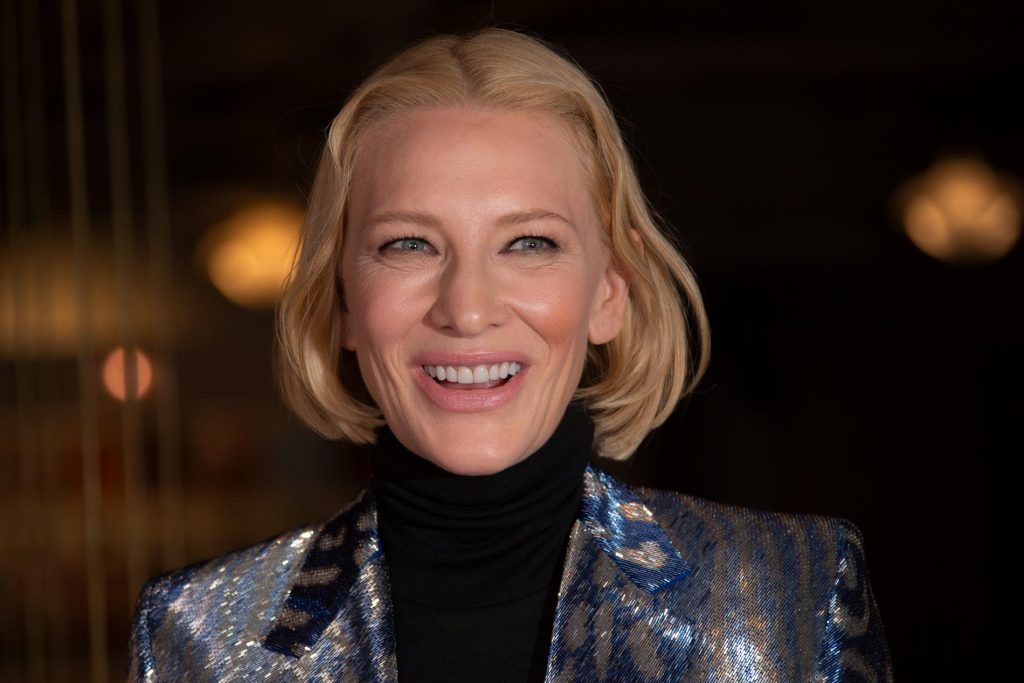Cate Blanchett’s Refusal of Plastic Surgery: A Nose Job Perspective

Cate Blanchett, born on May 14, 1969, is an esteemed Australian actress renowned for her remarkable versatility and compelling performances in both independent and mainstream films. Rising to prominence after her acclaimed role as Queen Elizabeth I in Elizabeth (1998), she has since built a formidable career. Amid the glitz of Hollywood, there’s often speculation surrounding the topic of plastic surgery among celebrities, including Blanchett.
Rumors and Speculations Surrounding Surgery
Over the years, fans and critics alike have debated whether Cate Blanchett has opted for any form of plastic surgery. However, the actress has always maintained her natural charm, often dismissing these rumors. Concerning enhancements, she has been quite vocal about her stance on cosmetic procedures, expressing fear about the long-term effects they might have on her appearance.
Public Statements on Cosmetic Procedures
In her honest and introspective manner, Cate featured in an interview where she stated, “There’s been a decade or so of people doing intervention with their face and their body. Now that we’re emerging from that, people are seeing that long-term it’s not so great.” Her words underline her belief that while cosmetic procedures are individual choices, she personally prefers to embrace her natural self.
Preserving Natural Beauty
The actress’s nose, for example, has remained unchanged over the years, indicating she likely hasn’t undergone rhinoplasty or similar procedures. Instead, she champions the notion that experiences and age add character to one’s facial features. Her views reflect a broader narrative in the entertainment industry that increasingly values authenticity.
Changing Views on Aging
Blanchett has also critiqued society’s perception of aging and beauty. In one of her statements, she said, “Who would want a face that hasn’t seen or lived properly?” This perspective shows her appreciation for the life lived and the stories told through the lines and textures on one’s face. She believes that beauty should not be about meeting societal standards but embracing personal experiences.
